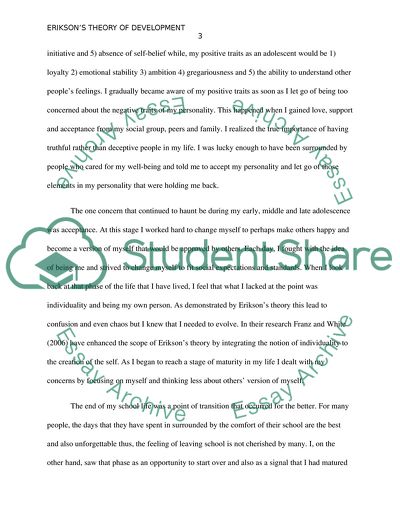Cite this document
(“Human Development Essay Example | Topics and Well Written Essays - 1000 words - 3”, n.d.)
Human Development Essay Example | Topics and Well Written Essays - 1000 words - 3. Retrieved from https://studentshare.org/psychology/1628079-human-development
Human Development Essay Example | Topics and Well Written Essays - 1000 words - 3. Retrieved from https://studentshare.org/psychology/1628079-human-development
(Human Development Essay Example | Topics and Well Written Essays - 1000 Words - 3)
Human Development Essay Example | Topics and Well Written Essays - 1000 Words - 3. https://studentshare.org/psychology/1628079-human-development.
Human Development Essay Example | Topics and Well Written Essays - 1000 Words - 3. https://studentshare.org/psychology/1628079-human-development.
“Human Development Essay Example | Topics and Well Written Essays - 1000 Words - 3”, n.d. https://studentshare.org/psychology/1628079-human-development.


